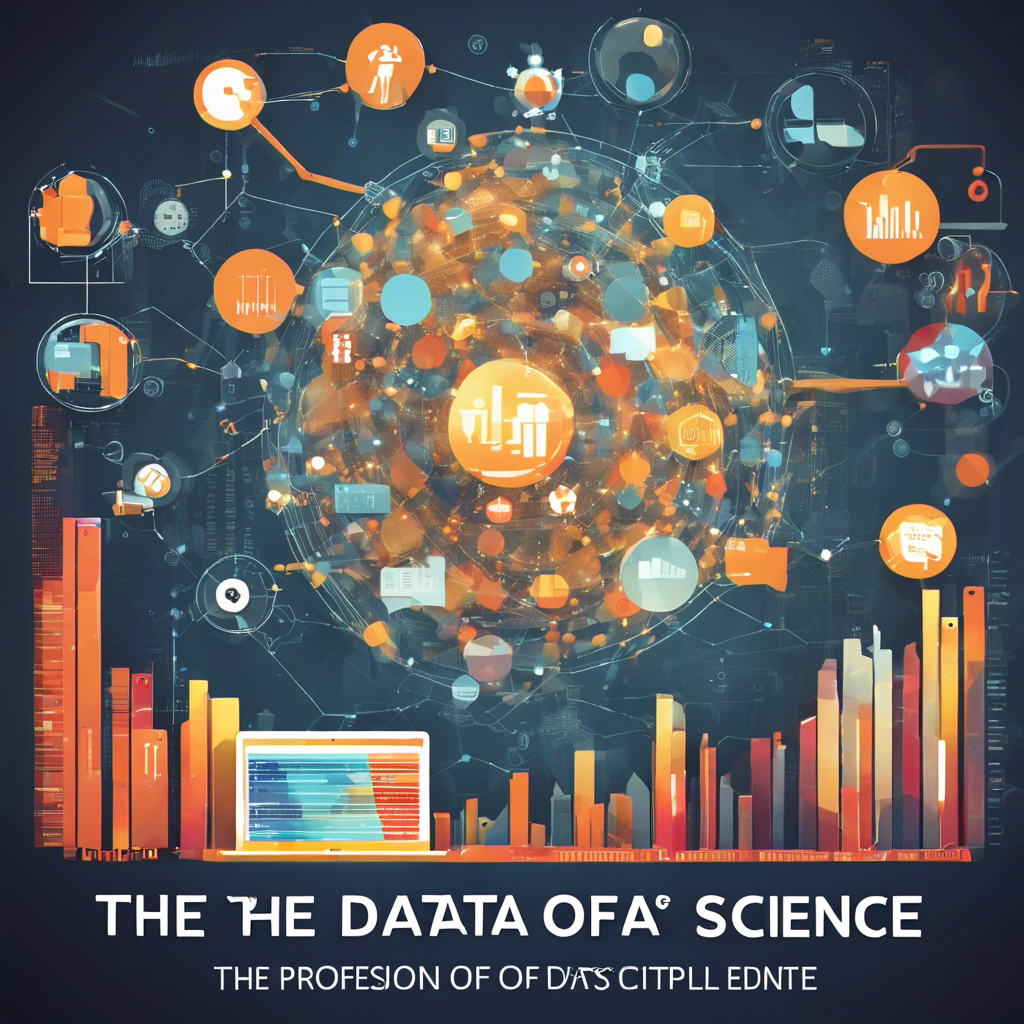How data science is revolutionizing industries and shaping our future
In today’s data-driven world, the importance of data science cannot be overstated. With the ability to analyze massive volumes of data and extract meaningful insights, data science has become a linchpin for innovation and efficiency across various sectors. From predicting weather patterns to understanding consumer behaviors, the applications of data science are vast and far-reaching. In this article, we will explore the fascinating outcomes of data science and how it is transforming industries and shaping our future.
Why data science matters to the world
Data science is at the forefront of the digital age, sitting at the intersection of technology, mathematics, and business. In a world abundant with information, data science plays a crucial role in decoding and harnessing the power of data. It enables us to make informed decisions, drive progress, and create sustainable solutions for pressing global issues. With skills in data science, individuals have the opportunity to influence virtually any aspect of modern life, making it a field with endless possibilities.
Fascinating data science outcomes
The Queensland University of Technology’s (QUT) Centre for Data Science is a prime example of the groundbreaking impacts of data science. Led by Distinguished Professor Kerrie Mengersen, the center is developing state-of-the-art solutions to complex problems. One notable example is their collaboration with Queensland startup Black Box to revolutionize the beef industry. By analyzing vast amounts of data, they have created models that accurately predict cattle carcass weight and conception times, allowing farmers to optimize their operations and improve business efficiency.
In the healthcare sector, data science has also made significant contributions. The Australian Cancer Atlas, developed by the QUT Centre for Data Science and Cancer Council Queensland, provides insights into cancer incidence and survival rates across Australia. This tool has revealed geographical disparities in cancer outcomes, enabling researchers to investigate the causes and develop targeted healthcare strategies. Data science has also been used to reduce waiting times for time-sensitive elective surgeries, showcasing the potential for improved patient outcomes.
Data science is not limited to business and healthcare; it has also found its place in the world of sports. Researchers from the QUT Centre for Data Science, Australian Institute of Sport, and the University of Sydney have used data science techniques to analyze ball trajectories in women’s basketball games. This innovative approach saves coaches time and allows them to make quantitative performance assessments and predictions, ultimately improving team strategies.
Furthermore, data science is breaking barriers in conservation efforts. QUT data scientists have used statistical modeling and virtual reality technology to explore threatened and endangered species and ecosystems. This approach has provided insights that aid conservation efforts, such as understanding the recovery rates of coral reefs. By harnessing the power of data, researchers can make informed decisions and have a global impact on environmental conservation.
Conclusion:
The practical applications of data science are vast and impactful, spanning across industries such as business, healthcare, sports, and conservation. With the right skills and training, individuals can become agents of positive change in society, utilizing data science to tackle pressing challenges and make a difference. QUT offers comprehensive data science courses, including a Bachelor of Data Science, Master of Data Analytics, and vertical double degrees, providing a gateway into this exciting field. So, why wait? Embark on a data science journey today and unlock the potential of big data.











